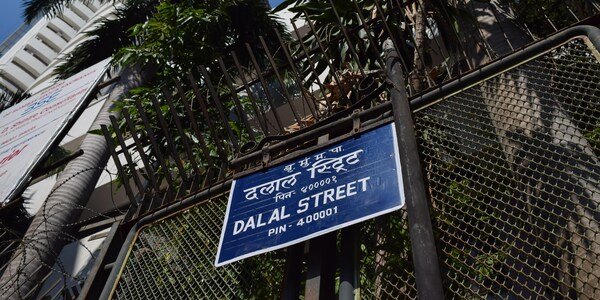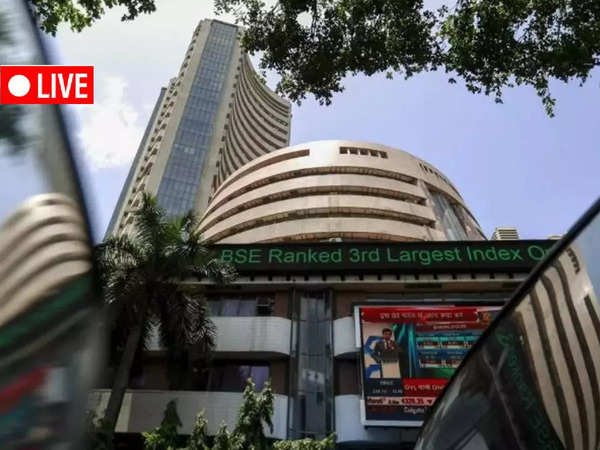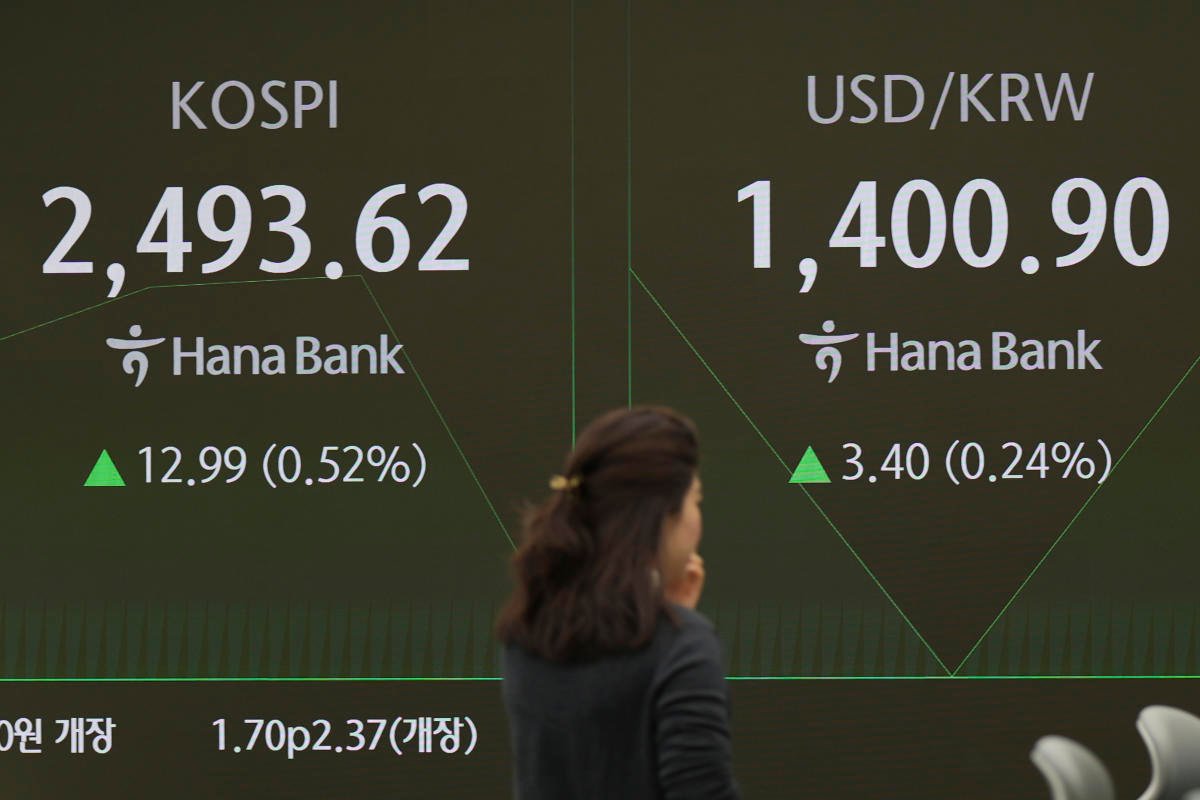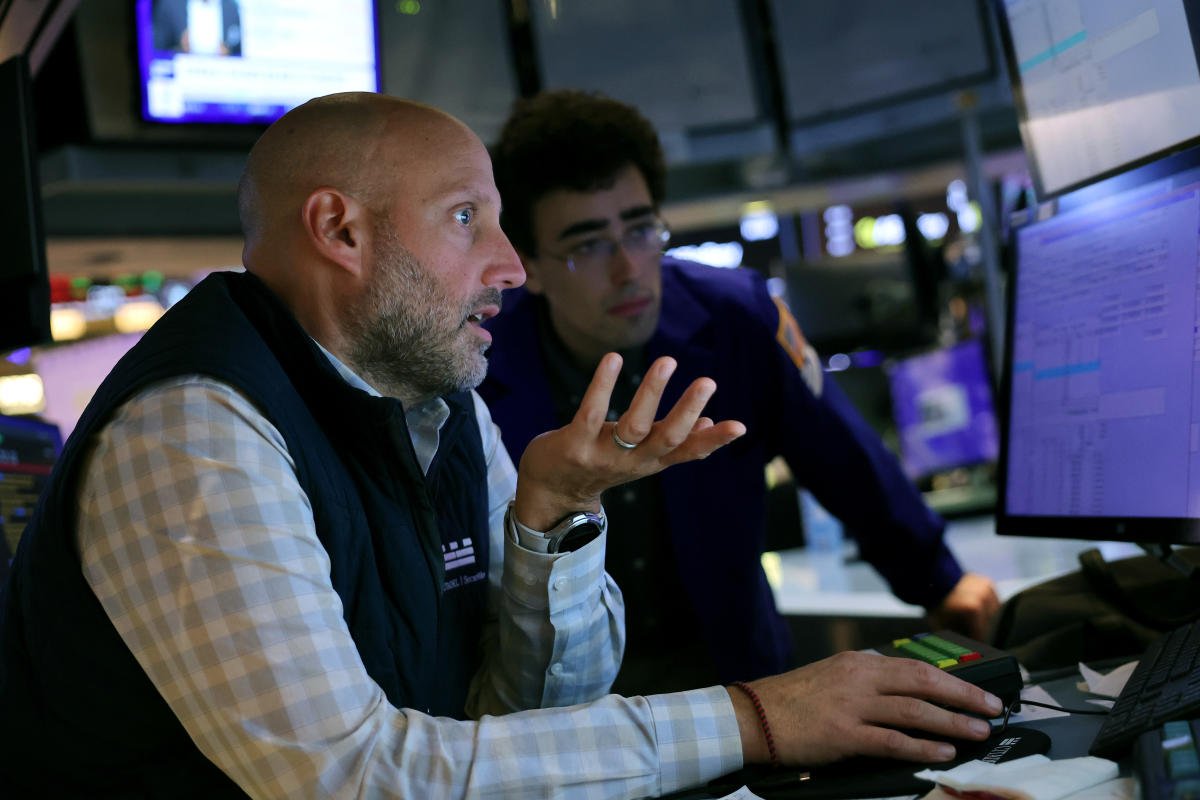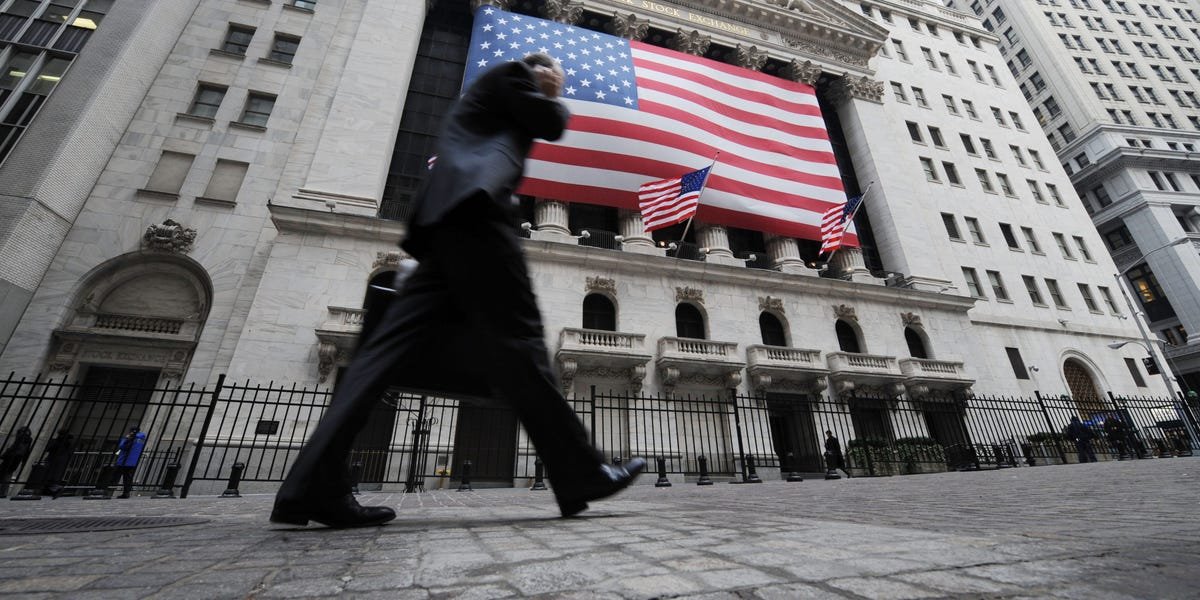Only a long-lasting port strike will have an economic impact
Dockworkers began striking across the US East and Gulf coasts on Tuesday.
The walkout of roughly 45,000 workers could “hit economic growth and boost inflation” but only if the strike is long-lasting, Morgan Stanley economist Diego Anzoategui wrote in a note to clients on Wednesday.
“While Rails have already paused service and shipping rates are temporarily elevated, we believe the Transportation implications should be reasonably limited unless there is a prolonged work stoppage,” Anzoategui wrote.
He added that food and beverages would likely see the largest price increases from the strike.
Additionally, the strike could impact economic data readings. Goldman Sachs’ economics team estimates that a 10-day strike could result in a 0.2 percentage point hit to gross domestic product (GDP) in the fourth quarter. Meanwhile, workers remaining on strike through Oct. 12 would likely hurt the October jobs report.
“If the strike lasts through the reference period, it would directly weigh on October payroll growth by 45k, but the effect would subsequently reverse upon the end of the strike,” Goldman Sachs economists Elsie Peng and Jessica Rindels wrote in a note to clients Tuesday night.
Given the Federal Reserve’s focus on the slowing labor market, there is debate among economists about whether or not a weak October jobs report caused by the strike would prompt the Fed to cut interest rates by 50 basis points.
Morgan Stanley’s economics team argued that “the Fed tends to look through short-run fluctuations caused by strikes.” But Renaissance Macro’s head of economics, Neil Dutta, argued a sharp hit to the October jobs report from both the strike and a recent hurricane in the Southeast would be hard to overlook given other signs of slowing in the labor market.
“Yes, these issues might be temporary and will show up more in the Establishment Survey than the Household one, but I don’t think the Fed should ignore them given the balance of risks,” Dutta wrote. “Why take chances with inflation resolved?”


